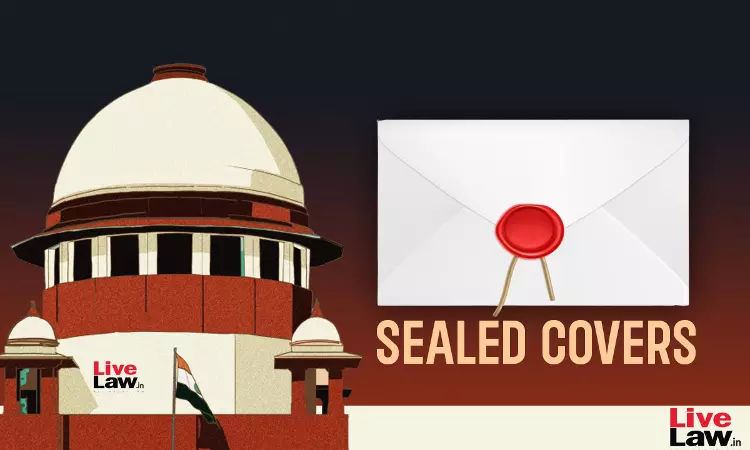Supreme Court's Changing Attitude Towards 'Sealed Cover' Procedure
Padmakshi Sharma
21 March 2023 9:59 AM IST

Next Story
21 March 2023 9:59 AM IST
CJI DY Chandrachud made headlines yesterday by refusing to accept the sealed cover note submitted by the Central Government in the matter relating to disbursal of pension arrears to retired defence personnel under the One Rank One Pension (OROP) scheme. Stating that he was "personally averse" to sealed covers, he remarked that the practice of sealed covers was against the principles of...
